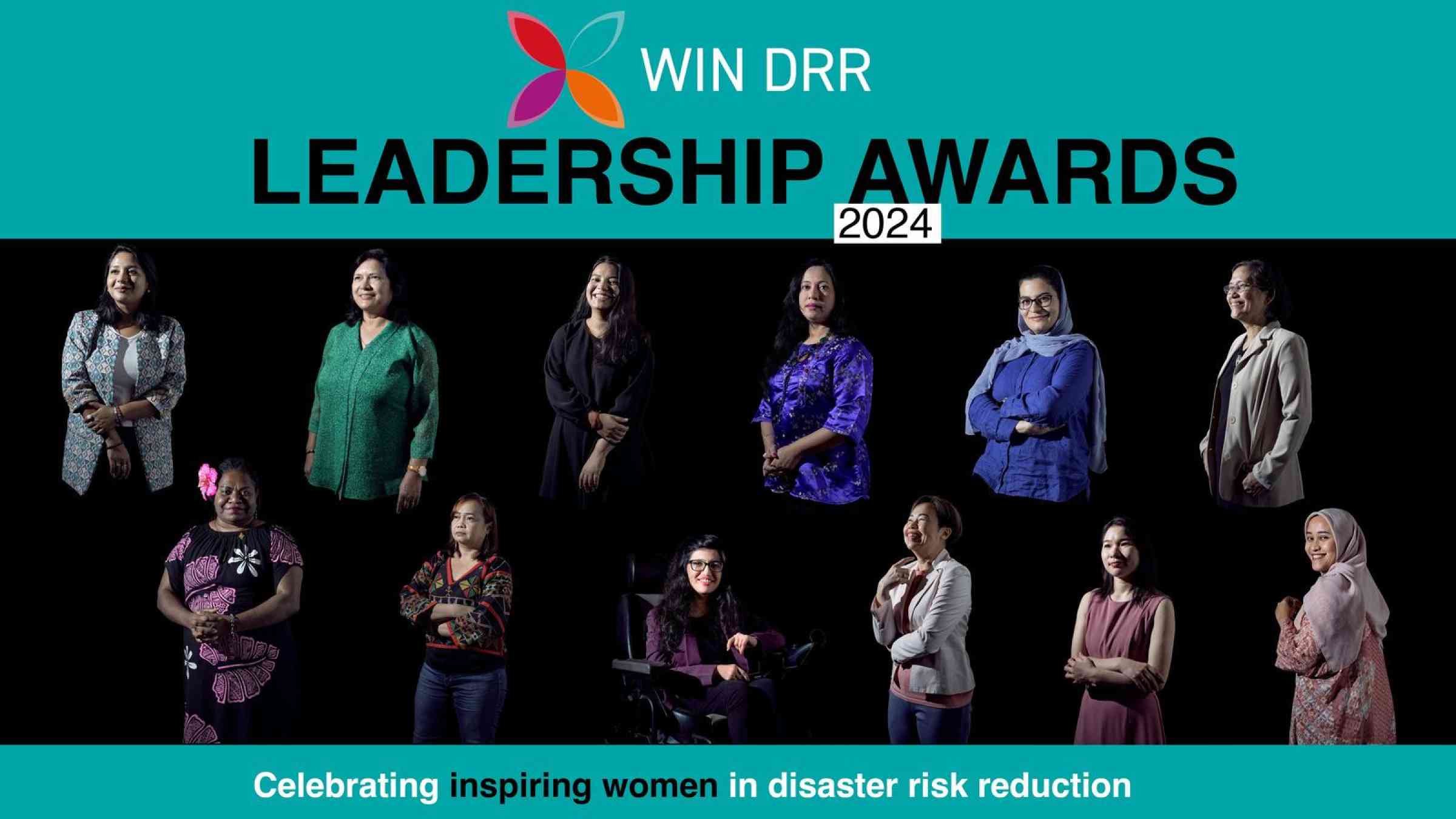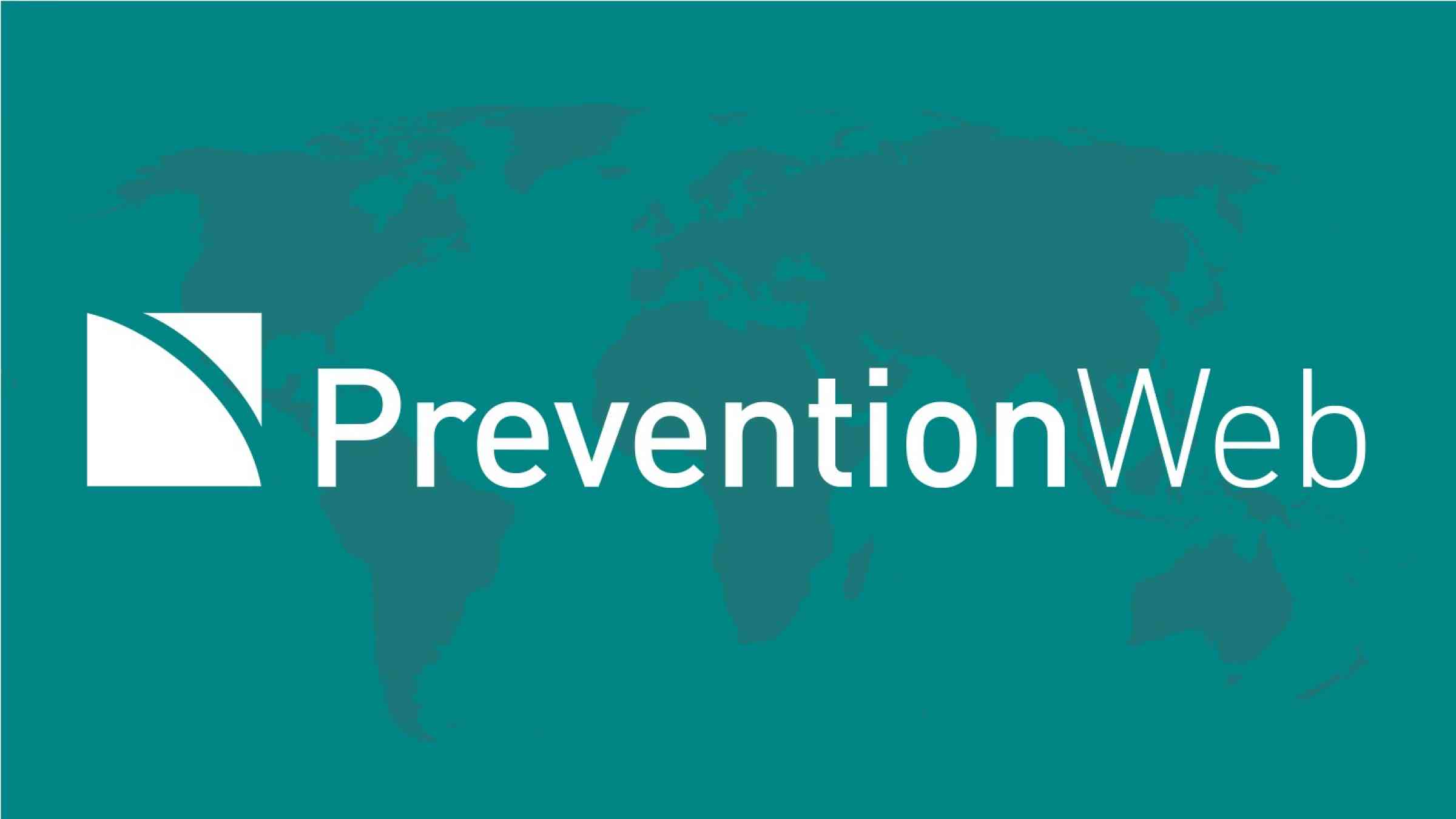Gender
Designing, resourcing and implementing gender-sensitive disaster risk reduction policies, plans and programmes. raising awareness of gendered vulnerabilities of men, women and LGBTs, and promoting inclusion and leadership of women and gender minorities in DRR.






